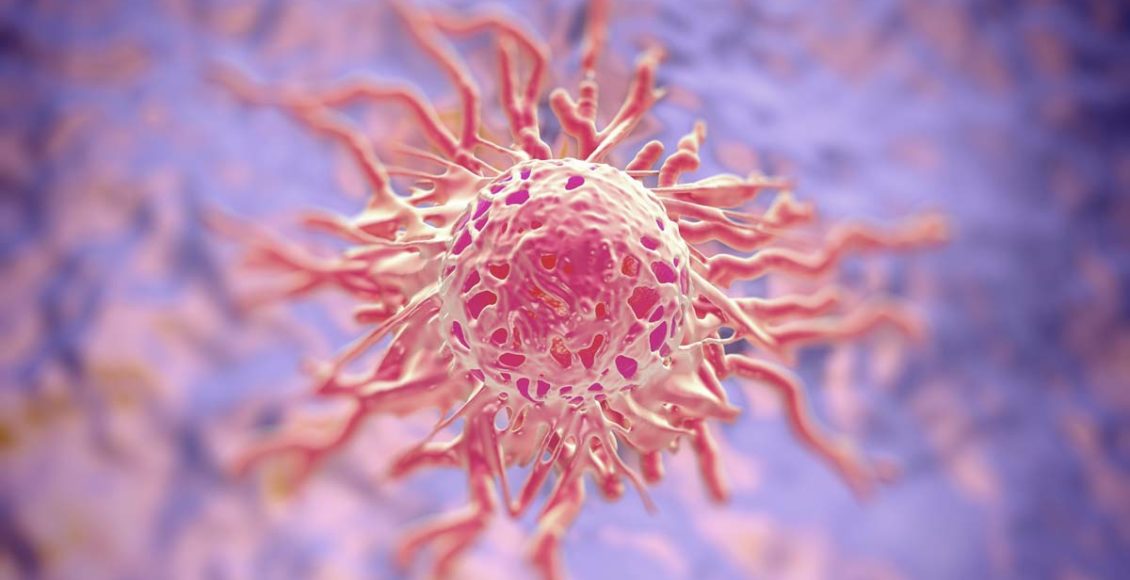Researchers at Mount Sinai have developed an evolutionary approach to cancer immunotherapy, whereby immune stimulants are injected directly into a tumor to teach the immune system to destroy it and other tumor cells throughout the body, Medicalxpress reports.
They call it a vaccine because it causes a person’s own immune system to tackle the disease, although has no preventive effect.
The new method is called “in situ vaccination”. When applied to patients with advanced-stage lymphoma, it proved highly successful. According to Daily Mail, the scientists tested it on eleven lymphoma patients and reported some were in full remission for months and even years.
According to CNBC, in three of the patients, the treatment shrunk not only the tumor that was treated but also other ones throughout the body.
Now, they are working to find out if the vaccine can be used in breast and head and neck cancer patients.
“What makes this study so exciting and important is that it further reinforces the fact that immunotherapy is likely to be more effective when you use a combination approach,” Anton Bilchik, a professor of surgery and chief of medicine at John Wayne Cancer Institute at Providence Saint John’s Health Center in Santa Monica, California, told Prevention.com
“The fact that this vaccine is allowing the other immune mechanisms to fight cancer is very, very exciting,” he added.
“It’s really promising, and the fact you get not only responses in treated areas, but areas outside the field of treatment with radiation is really significant,” Dr. Silvia Formenti, chairwoman of radiation oncology at Weill Cornell Medicine, told CNBC.
Dr. Eric Jacobsen, clinical director of the Dana-Farber Cancer Institute’s lymphoma program, defined the achieved results as exciting but warned that it was too early to call it a victory over lymphoma.
“It’s definitely proof of concept, but larger studies are definitely needed and additional strategies to try to get more than three out of 11 patients to respond,” he said as quoted by CNBC’s Angelica LaVito.



